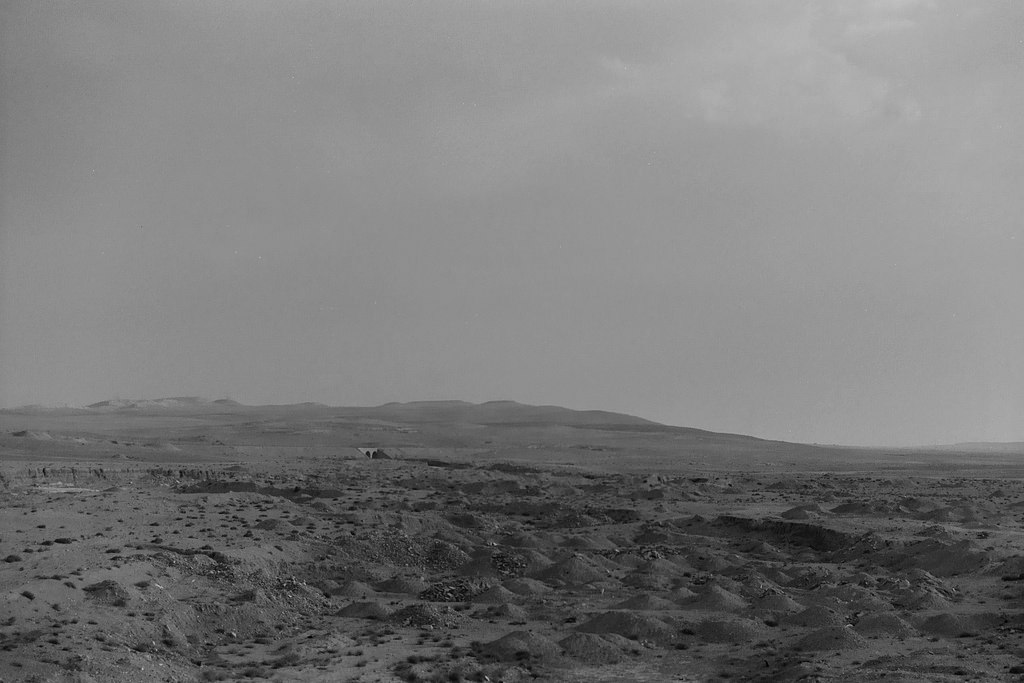I’m specifically talking about the postcard idea of “paradise” here, something like white, palm-fringed sand under empty blue skies, or a palatial suite at a five-star boutique hotel. Whatever it looks like to you, the trouble with “paradise”, besides not existing in the first place, is that we get used to it. We get used to everything, it’s human to do so. It’s an evolutionary survival trait that we are all better-off for having. But it also brings this side-effect of causing bliss to decay, inevitably and rapidly.
In what is curiously entitled the Hedonic Treadmill, the science shows us that people tend to normalise to the same level of happiness throughout their whole lives. This normalisation occurs even after extreme events. People who have had large lottery winnings at one end of the spectrum, and those who have lost their limbs or close relatives at the other, all get back to their old state of happiness before long. It’s one of those traits that science highlights but we don’t want to believe applies to us. We get used to prison just as we get used to love, it’s one of the bittersweet ironies of being the smartest primate on the planet.
There’s a feeling of guilt that can accompany visits to amazing places, if you don’t feel like you’re making the most of your time. This is especially likely on long-term travels, as it’s impossible to live every day like there’s no tomorrow. It’s too tiring and expensive. So there are inevitably those “wasted” days of watching movies in the hotel room while the sun blazes outside. And there’s the disappointing realisation that these paradise locations often have little to offer in terms of culture or amusement. After a few days’ playing on the beach and laughing with new friends, there may not be much left to do.
On receiving a message from mum asking how the travels are going, nobody wants to say, “Been staying by the beach in Bali for a week now, bored my tits off”. You don’t want to say it and your friends and family don’t want to hear it. But one way of looking at this surprising quirk of the explorative lifestyle, is that it has a kind of beautiful truth to it. A kind of logical truth, along the lines of this: if I can be bored at home and I can be bored in the place of my dreams, I can be happy anywhere. What’s more, it gives us perspective which, after all, is usually the biggest reward of travelling this world.




Leave A Comment